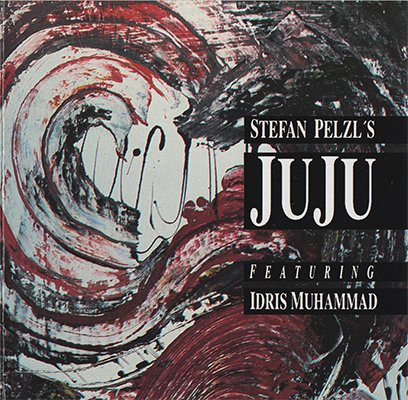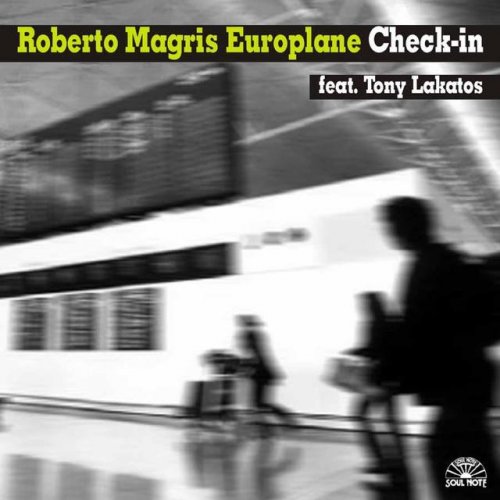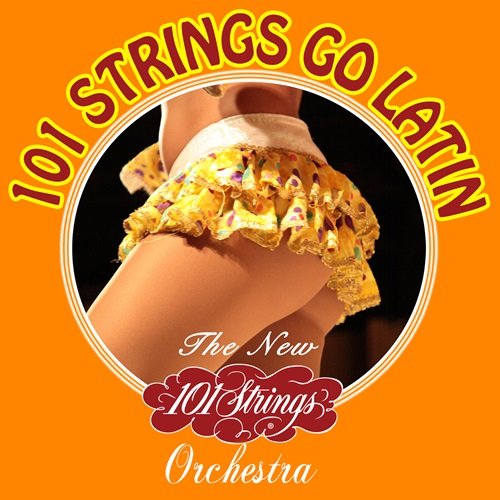The Hilliard Ensemble - Medieval English Music (1983)
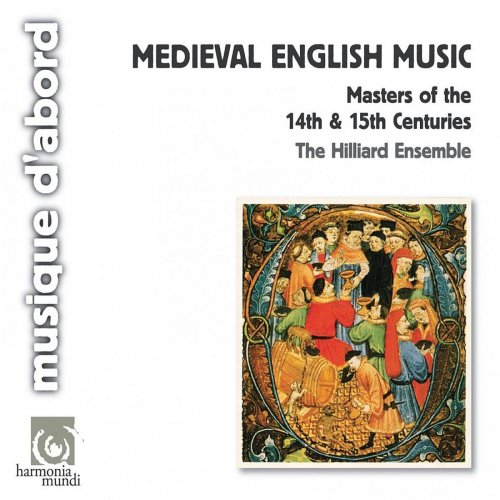
Artist: The Hilliard Ensemble
Title: Medieval English Music
Year Of Release: 1983
Label: Harmonia Mundi
Genre: Classical
Quality: FLAC (tracks)
Total Time: 51:56
Total Size: 229 Mb
WebSite: Album Preview
Tracklist: Title: Medieval English Music
Year Of Release: 1983
Label: Harmonia Mundi
Genre: Classical
Quality: FLAC (tracks)
Total Time: 51:56
Total Size: 229 Mb
WebSite: Album Preview
Anonymes Du XIVe Siècle
1. Alleluia: Hic Est Vere Martir 3:52
2. Singularis Laudis Digna 5:24
3. Doleo Super Te 1:26
4. Thomas Gemma Cantuarie 2:14
5. Civitas Nusquam Conditur 2:20
6. Tu Civium Primas 2:33
7. Mater Christi Nobilis 1:28
8. Ite Missa Est 1:20
Anonymes Du XVe Siècle
9. Alleluia: A Newë Work 3:40
10. Anna Mater Matris Christi (John Plummer) 5:53
11. There Is No Rose 3:38
12. Tota Pulcra Es Amica Mea 3:59
13. Marvel Not, Joseph 8:10
14. Opotores Exquisiti 4:03
Performers:
The Hilliard Ensemble
Bass Vocals – Paul Hillier
Countertenor Vocals [Contre-ténor] – Ashley Stafford
Tenor Vocals [Ténor] – Leigh Nixon, Paul Elliott, Rogers Covey-CrumpBass Vocals [Basse], Liner Notes – Paul Hillier
Tenor Vocals [Ténor] – Leigh Nixon, Paul Elliott, Rogers Covey-Crump
The period covered in the Hilliard Ensemble's 1982 recording Medieval English Music extends from the fourteenth century to the late fifteenth and was actually late-Medieval for England, though roughly contemporaneous with the beginning of the Renaissance era on the European continent. In musical terms, this album surveys from its outset the rhythmically complex and harmonically daring music that was influenced by court composers in France and Italy, known as ars subtilior or ars nova, and goes on to explore the later development of the English carol and other popular songs, which are perhaps more familiar sounding to modern ears. As experts in the field of early vocal music, the singers of the Hilliard Ensemble have mastered both the rarefied intricacies of the ars nova style and the common approach of the vernacular, so listeners are given a fine appreciation for the variety of music that existed at this time, as well as an entertaining treat, thanks to the lively performances. The group's vocal qualities change from piece to piece, so there is a nice mix of reedy tones and purer sonorities that prevents the program from becoming monotonous, and the alternation between sacred and secular music gives a rounded sampling of the two main genres that dominated this time. Harmonia Mundi's sound is exceptionally clean and close up, so nothing is missed in this terrific-sounding ADD recording.


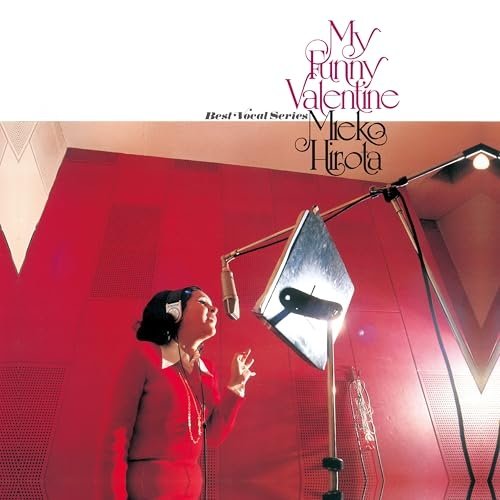
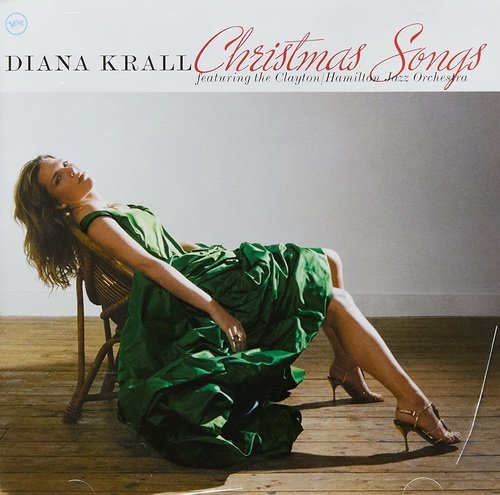
![Batsumi - The Hunters 1974-1976 (2026 Remaster) (2026) [Hi-Res] Batsumi - The Hunters 1974-1976 (2026 Remaster) (2026) [Hi-Res]](https://img.israbox.com/img/2026-02/05/9v7nd2ua6woy4uoean9znxpu1.jpg)
